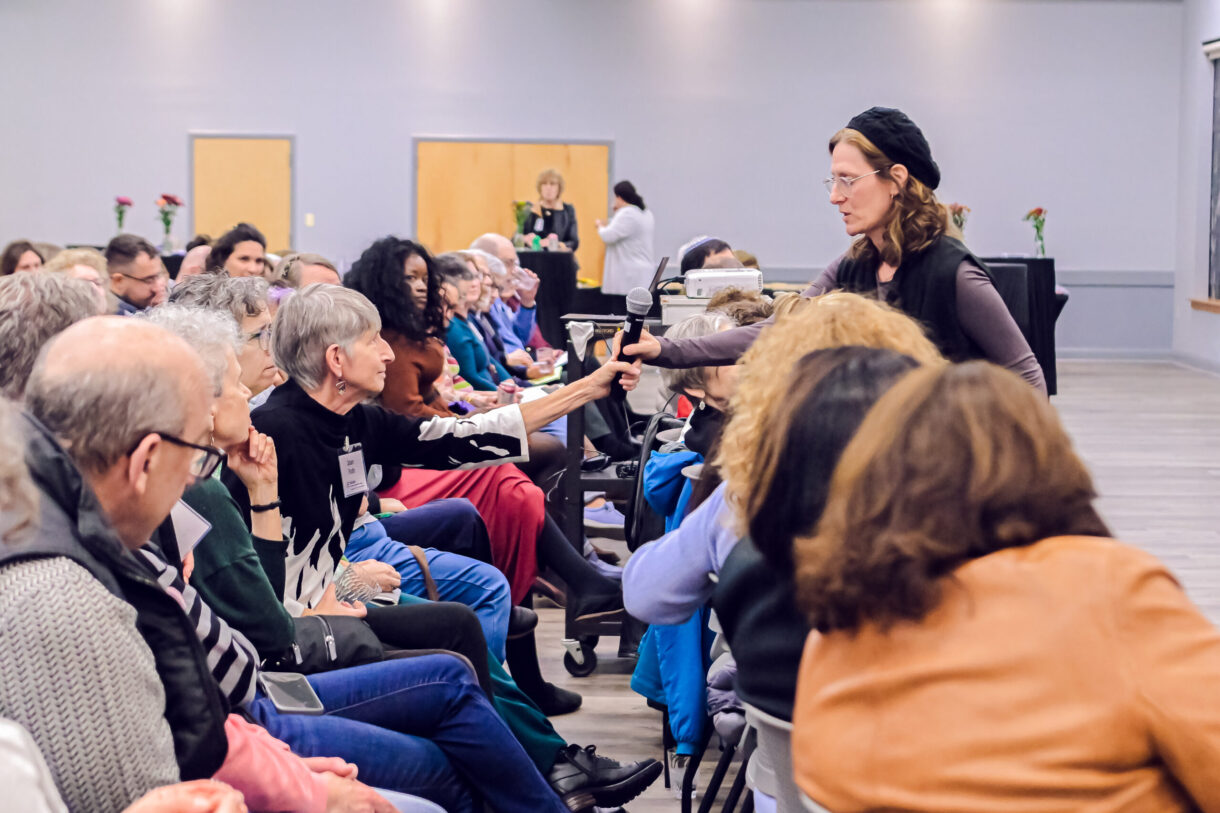Why an Everlasting Holiday?

What is it about Hanukkah that has stood the test of time?
Aviva Cohen
Let’s set the political stage. In 313 BCE, Alexander the Great had solidified his rule over the Persian empire. Since the Jew’s return in 350 BCE, their sovereignty had been continuously challenged by the (not so good) Samaritans who had occupied the land of Israel during the Jew’s exile to Babylon.
With the rise of Alexander over the Persians, who had sponsored the Jews’ return to Israel, the Samaritans saw their chance to retake the land. After originally permitting the Samaritans to destroy the Holy Temple in Jerusalem, Alexander rescinded this after meeting Shimon HaTzadik, The High Priest and the head of the Jewish community at the time and allowed the population of Judah to continue living their Jewish lives. As a sign of appreciation towards the Greek Emperor, every baby boy born of a priest that year was given the name Alexander. This was one of the first steps of Greek culture seeping into Israel.
By 161 BCE the Seleucid Greeks, based in Syria, had gained the upper hand in Israel and set out to conquer the Egyptian portion of the Greek Empire. What should have been an easy victory was not, and in their search for blame, their eyes naturally fell on the Jews. If they could only get all the Jews to accept Greek culture, and with it their gods, success would be theirs.
By this time, Hellenism had made tremendous inroads into the Jewish country. Greek gymnasiums and theaters had started popping up in Jerusalem. A man named Menelaus served as the High Priest in the Temple, was aligned with the Greeks, and instituted policies that at first limited the Temple services, and eventually canceled them altogether. A Greek leader by the name of Apustomus burned a Torah Scroll, and a statue of the Greek god Zeus was erected in the Temple compound. A citadel known as the Acra was built overlooking the Temple to show Greek supremacy. Shabbat, Rosh Chodesh (the New Month), Brit Milah (circumcision), all became punishable by death. The study of Torah was outlawed.
For more than a decade, those who remained true and committed to Judaism hid out in the Judean Hills to learn Torah and practice Judaism.
The Hasmoneans, living in the Jewish homeland, but unable to practice Judaism openly, knew they didn’t stand a chance against the powerful Greeks. But they still took a stand, to fight against Greek rule and way of life.
Just one year into the war, (140 BCE) they had fought all the way to the holy city, conquered Jerusalem, subdued the city, and moved on the Temple Mount. After a bloody battle, the group of rebels took over the Acra Citadel, and with that the Temple Mount. They smashed the statue of Zeus, and it was now time to finally reintroduce the Temple service after more than a decade of dormancy.
The Maccabees went through painstaking efforts to purify the Temple as quickly as possible. In truth, this was not completely required. The purity laws are lenient when the entirety of the Jewish people is in a state of impurity, and the Temple service can be performed without purification. Following the battles, this was the situation in Judah. But the Hasmoneans considered, they had just fought a war that never should have been fought, and they just won a war that they never should have won. They insisted on completely purifying the Temple before rededication.
They scoured the Temple from top to bottom looking for oil that had not been defiled.
Finally, they found one jar that was sealed and pure, but it was only enough for one day (roughly 40 oz). With their goal of continuing to go above and beyond, they used all the oil at the rededication of the temple while continuing to look for more oil and beginning the eight-day process to get more oil. We know the rest of the story – the original sealed jar of oil lasts all 8 days, and the following year (138 BCE) the Jewish people instituted the holiday of Hanukkah – the (re)dedication of the Temple.
But, what are we commemorating? It seems like the victory of the Maccabees was short lived. The Hasmonean family established a dynasty that was insecure and filled with the Hellenistic qualities Judah and his brothers fought against. It’s only 70 years before the Romans assume rule of Judea, and the Second Temple is destroyed 130 years later. So why has Hanukkah stood the test of time, filling our dreary winters with latkes, dreidel and gelt, and the light of the menorah?
Let’s discuss the menorah. The Talmud teaches us how we fulfill the mitzvah of lighting the candles on Hanukkah. The minimum requirement is one candle per household per night. To enhance the performance, everyone in the house can light one candle each of the eight nights. Finally, says the Talmud, if you want to do the mitzvah in the best possible way, you light one candle on the first night, two on the second, three on the third, and so on (according to the academy of Hillel).
It’s a unique occurrence in mitzvah observance…but everyone who lights a menorah on Hanukkah lights like this – in the best way! When was the last time you walked into someone’s house on the fifth night of Hanukkah just to find one candle lit?
What can we learn from this?
The Maccabees refused to accept the status quo or even try to get by with the bare minimum. They went above and beyond, willing to give up their lives fighting against Greek rule and cultural influences. And because they went against all the odds for the Sake of Heaven, a miracle happened – the pure oil they insisted on using lasted all 8 days. The Maccabee inside all of us should take action, do the very best now with what they have at hand and not wait for more oil or better circumstance.
Hanukkah is not about a military victory or national sovereignty. The holiday celebrates the fact that at one point in history there was a group of Jews in the world that went above and beyond to send a loud and clear message to the world that Judaism is worth fighting for. That clarion call has been passed from generation to generation, inspiring Jews in the most difficult of circumstances to stand up and defend the Jewish people. We find ourselves today in a world of both rising antisemitism and rampant assimilation, and worse, our own communities are fractioned and misaligned.
When we light the menorah on Hanukkah, we don’t settle for good enough (one candle per household, each night). We don’t settle for slightly elevated (each person, one candle every night). No, we go above in beyond (each person adding a candle every night). We are showing that we desire to be with the Maccabees of yore, we want to be Jews who go above and beyond.


